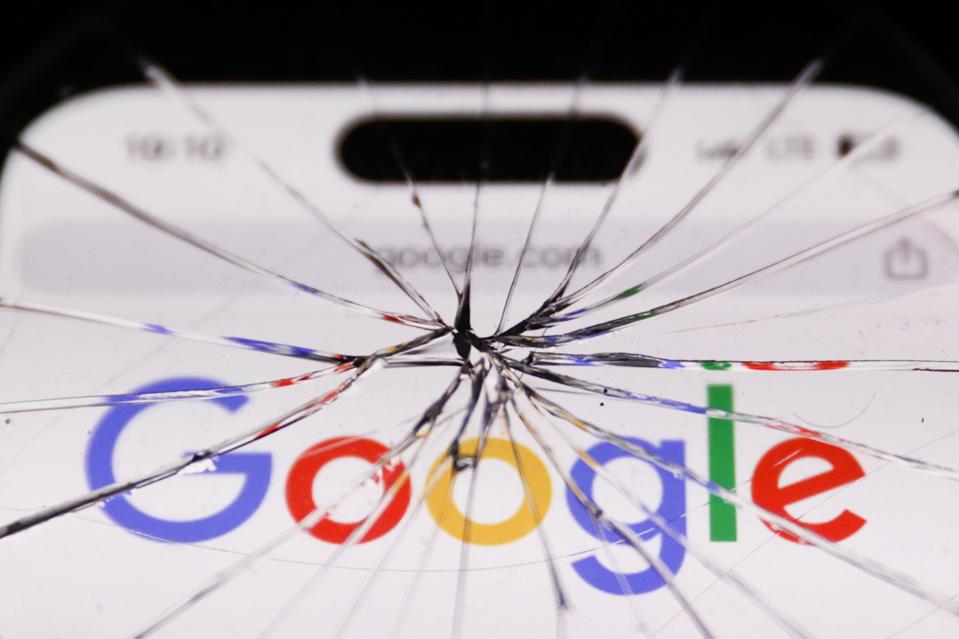It’s been quite the week for Google, what with Gmail celebrating its 21st birthday and users being given the present of end-to-end email encryption. We’ll gloss over the data deletion error that saw Google Maps timelines disappear, not least as a much broader data deletion plan is already underway that impacts everything from Gmail to Google Photos and beyond. I have received an email from Google warning me that unless I act before October 3, one of my Google accounts will be closed down, and everything associated with it will be deleted. “Once your Google Account is deleted, your account and its activity and data cannot be recovered,” the email said. So, what’s going on, and how can you ensure your accounts are safe from being purged?
Your Google Account Is Being Deleted
Your Google Account is being deleted. That’s the scary subject line of an email from Google that is being sent to users whose account falls under the remit of Google’s inactive account policy. The problem is, as my email inbox will attest to, this looks just like the kind of phishing attack that I’ve been warning people not to fall for. After all, there’s the appearance of legitimacy, the sense of urgency, the call to action, the looks to click — it’s all there. The difference is, however, that this email is the real deal. Before I go any further, if you get an email that you are in any way unsure about, do not click those links but instead go straight to the source. In the case of an email such as this about your Google account, you should be signing into this using your usual browser and checking to see what is happening directly. Best not to take any chances.
If you have got a legitimate warning from Google, then do not ignore it. Doing so could mean you lose access to data that you would rather keep. The cause can be found in changes to the inactive Google account policy that I mentioned earlier, and which means that any account that has remained unused for two years will be scheduled for deletion. This, in and of itself, isn’t an issue. Indeed, I applaud the security logic behind the move, as unused accounts are more at risk of compromise and less likely to have 2FA protections in place, for example.
Why would you be concerned about losing an account you’ve not used in more than two years? The reasons are myriad, including those accounts being used for storage of documents, photos and emails that, while not valuable as such, you might not want to see discarded into the trash. Although I always get some adverse reactions to reminding Google users about these warnings, most often complaining that unused accounts are of no interest, I’d argue there is value in being informed of the situation as it presents itself.
I have multiple accounts, mainly used for different Gmail addresses, and some are gathering dust but still worthy of being kept alive. This warning email was addressed to one of them, with a copy of the security alert sent to the recovery email address on file. This is another great reason why you should always ensure you have a recovery email for all your Gmail accounts.
Three Ways To Keep Your Old Google Account Alive
First things first, the inactive account policy deletion regime only applies to personal accounts and not those used for businesses or schools.
Second things second, the simple answer to keeping your account is to use it. Although there is a long list of things you can do that will register as activity as Google defines it, here are the three most obvious steps you can take:
- Read or send an email.
- Share a photo or watch a YouTube video while signed into the relevant Google account.
- Use Google Drive or Search.
Those actions can be taken on any device, as this is a Google account-specific policy. The advice for all users can best be summed up as sign into it if you want to keep it.

